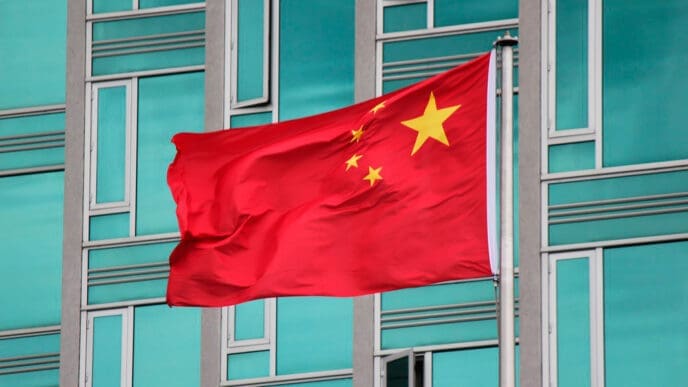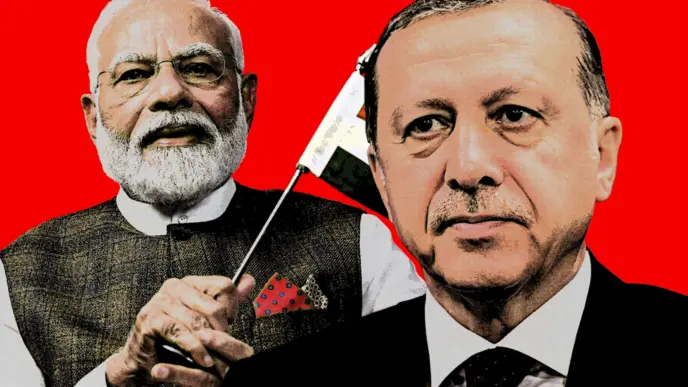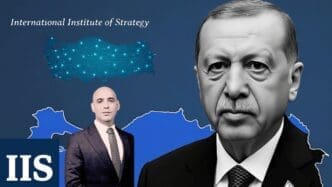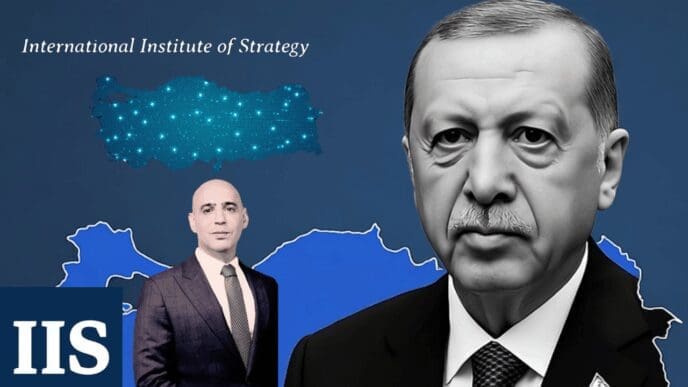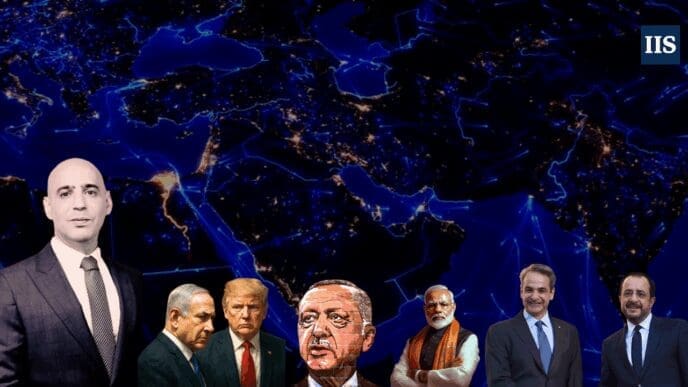The recently passed Balochistan Counter-Terrorism (Amendment) Act 2025 has triggered a wave of condemnation from human rights organisations, political activists, and civil society groups, who fear the law grants sweeping powers to security forces, undermines constitutional protections, and institutionalises state repression in the troubled region, Balochistan.
The new legislation, approved by the Balochistan Assembly on June 4, permits the preventive detention of individuals for up to three months without formal charges or judicial oversight, based on suspicion. It empowers security forces not only to issue detention orders but also to lead investigations via Joint Investigation Teams (JITs). It allows a surveillance board, comprising military personnel, to assess the ideological and psychological profiles of detainees. The law also grants enforcement agencies the right to search premises, arrest individuals, and seize property without prior judicial authorisation.
HRCP Expresses Deep Alarm
The Human Rights Commission of Pakistan (HRCP) has expressed grave concern over the bill, stating that although national security is a legitimate concern, the law dangerously expands the authority of security institutions at the expense of civilian legal oversight. In a statement, the HRCP warned that the legal framework undermines accountability, infringes upon the jurisdiction of civilian law enforcement, and opens the door for abuses of power, including arbitrary detention and denial of fair trial rights.
The commission urged the provincial government to reconsider the legislation and ensure that it aligns with Article 10 of Pakistan’s Constitution, which guarantees protection against arbitrary detention, and with international obligations under treaties such as the International Covenant on Civil and Political Rights (ICCPR).
Baloch Yakjehti Committee Calls It “Legalised Repression”
The Baloch Yakjehti Committee (BYC) condemned the law as an attempt to institutionalise state violence against the Baloch people. In a strongly worded statement, the committee described the bill as a “dangerous and alarming development” that would escalate ongoing human rights violations in the region.
According to BYC, the act allows security forces and intelligence agencies to detain individuals, particularly ethnic Baloch citizens, without charge or due process, simply on suspicion. The committee argued that this is a clear violation of fundamental human rights, including personal liberty, protection from unlawful detention, and the right to legal remedy. They warned that the law would turn Balochistan into a surveillance state, where citizens are perpetually at risk of enforced disappearances, custodial torture, and extrajudicial killings.
The BYC called on the United Nations and international human rights bodies to urgently intervene and pressure the Pakistani government to withdraw what it called a “draconian and authoritarian” law.
Baloch National Movement’s PAANK Denounces the Law
The Baloch National Movement’s Human Rights Department (PAANK) also rejected the law, stating that it offers legal cover to continued state oppression and will exacerbate the human rights crisis in Balochistan. PAANK noted that Article 10 of Pakistan’s Constitution is once again under threat, as the law gives military, paramilitary, police, and intelligence agencies the unchecked power to detain people without trial.
According to PAANK, Balochistan has long suffered from enforced disappearances, extrajudicial killings, and custodial torture. In 2025 alone, they have documented over 66 cases of extrajudicial killings. Peaceful movements like the BYC have faced repeated crackdowns. For example, in July 2024, 14 people were injured when security forces opened fire on a peaceful gathering in Gwadar.
PAANK also criticised the use of the Maintenance of Public Order Ordinance (3MPO) to arrest activists. In March 2025, five prominent activists, including Dr. Mahrang Baloch, were detained during a peaceful protest in Quetta under the MPO. Despite legal challenges, their pleas were rejected by the Balochistan High Court, raising concerns over judicial independence.
The organisation highlighted the case of Beebo Baloch, who was forcibly taken from Huddah Jail on April 23, subjected to torture, and relocated to an undisclosed location. Her incommunicado detention and physical abuse sparked widespread protests from human rights groups nationwide.
Calls for International Intervention
Both BYC and PAANK have called on international actors, including the United Nations and global civil society, to demand the immediate repeal of the Balochistan Counter-Terrorism Act 2025, release all political prisoners, and initiate independent investigations into human rights violations in the region. They stressed that continued silence from the global community would be interpreted as complicity in the ongoing state repression against the Baloch people.
thebalochistanpost



